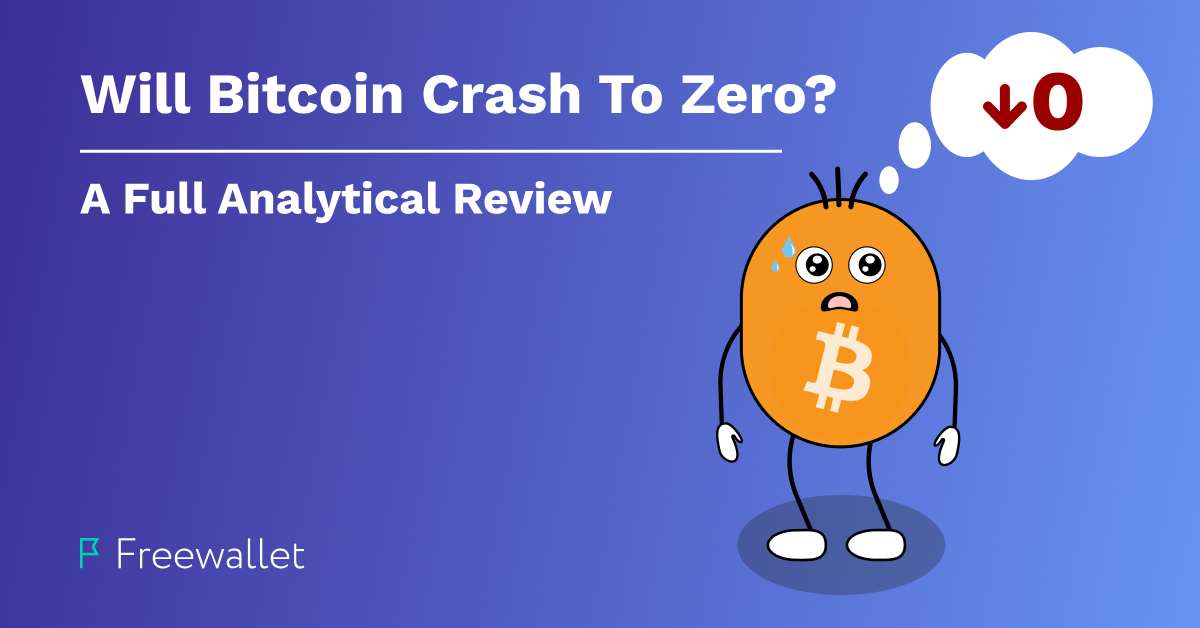Building the Case for Blockchain in Urban Planning in 2021
Blockchain’s benefit to society is already well-documented. Why then shouldn’t we apply blockchain for urban planning in 2021? And how feasible is this type of “blockchain urbanization” to begin with? As suggested by numerous proposals already, there is a case for the successful implementation of the technology, and 2021 may be the year when we finally see this concept come to fruition.
After all, smart cities are already a reality, and blockchain is just taking another piece of smart technology and embedding it into the fabric of our metropolises. Here’s how, or rather – here’s a concept of how and when we can expect to see blockchain implemented into our cities. But first, let’s ask ourselves – is it a good idea? Evidence would suggest it is.
Blockchain in Urban Planning: Understanding the ‘How’
This year will once again put forth the question of environmentally conscious decisions, proper use of our resources, and managing our cities. As such, having the tools necessary to achieve consensus quickly and unequivocally seems like the most logical pursuit.
As it turns out, blockchain, as technology, is cut to achieve just that. This is a unique peer-to-peer network that seeks a consensus to verify and enact a decision based on nodes that are verifiable by every participant. It’s the equivalent of a city council meeting, only one designed to deliver quick results, actionable solutions, and democracy, one node at a time.
Blockchain is already sending ripples in finance. So, how can blockchain be used in metropolitan governance for the good of us all? Can it lead to better, smarter, and more efficient urban planning and inspire urban innovation? The technology seems to have an inexhaustible potential.
Yet, at the moment urban planning with blockchain is more common in research and scientific papers than it is in reality. Why is this the case?
Blockchain and What Can It Do for Urban Spaces
Yes, blockchain adoption in urban planning is still lagging, but that is changing quickly. Lack of familiarity with the potential benefits has made government officials reluctant, but the evidence is there to suggest that there are tangible upsides of exploring the tech sooner rather than later.
There are many real-world implications for blockchain urbanization. With the concepts already drafted, what we need is to take them off the drawing board and usher them in reality, and raise awareness among the less-tech savvy population where necessary so they may too see the benefit of blockchain.
There are several key areas in which blockchain is already capable of putting forth some big solutions. This extends to property and land use, infrastructure and services, government and public tenders, improving existing services, and much more.
The opportunities are endless and what it takes to enact those is the sort of thinking that makes you leave your comfort zone and begin to imagine the world a little differently.
Keeping Track of Public Tenders
Keeping public records safe and free of error is often difficult. Excessive red tape and tackling administration fees is as trying as it is unnecessary. This is especially the case in light of the available blockchain solutions that can make the process much more palatable, slash any potential costs, and boost public confidence in city institutions.
With this said, blockchain can automate the process of keeping public records. We are talking about a transparent, reliable, and verifiable way to manage our cities. Blockchain can help developers obtain permits easier and quicker, but also help ordinary citizens keep track of all sorts of records that relate to the management of cities.
How We Keep Record of Property
A good example of where blockchain can be handy is the use of the technology to keep track of ownership. As land and property is the foundation of a metropolitan economy, it makes sense to keep a clear record of the real estate market, factoring in all transactions, impositions and obligations. Allowing blockchain to automate some of the processes related to traditional land and property management can have a huge impact on society.
Blockchain can empower a new digital economy that allows the real estate businesses to move forward with operations such as buying, selling and renting without having to deal with excessive government red tape, and boost public confidence in their operations eliminating any possible public mistrust.
The technology can allow the city and individuals to keep track of the value of a property, how it’s used, and even transfer ownership automatically, a process that usually takes at least a few days in even the most efficient cities. Properties can be registered and certified with records stored on the blockchain as digital proof. Funding for real estate and property deals can be easily verified, eliminating the risk of foul play.
Democratizing Utilities
Since energy is one of the most invested in industries, it makes sense that optimizing energy efficiency should be a priority. As it turns out, there is a lot a blockchain may help with when it comes to energy efficiency.
Blockchain can assist smart meters that are used in buildings these days to quantify costs, co-generation and payments that correspond to connecting and using electricity from the grid, making how we use energy both more transparent, but also making it so that no energy is lost.
Blockchain allows us to track each unit of electricity and analyze the way it’s spent, any potential loss of energy in the grid, and ultimately allowing to reroute any surplus of energy to boost the grid and benefit our metropolises. The technology can be used to match each unit of electricity spent with its equivalent financial transaction to the point where the process is simple and easy enough to follow.
This in turn can slash costs for consumers while optimizing operations for utility companies, which would have much less maintenance work to do while still generating revenue and delivering an optimized service. In a way, blockchain democratizes utilities by ensuring that no energy is lost and no citizen has to pay surplus costs.
Cleaning Up Our Cities
Waste collection has become the bane of modern societies, with waste piling on and our ability to store waste safely away diminishing due to increased output. While some innovations in waste collection and recycling have been clearly made, blockchain can take things a little further.
A regular and smart collection of waste and its proper processing could be based on blockchain technologies that allow citizens to participate by making the best calls for their neighborhoods and communities.
Blockchain solutions can automate a lot of the collection and recycling process, carrying out recycling immediately and keeping our cities cleaner, more eco-friendly, and making them ultimately a better place for us to live in.
Good Examples from Around the World
Blockchain is already making its own case for successful and smart urban planning. From the United States to Europe, to China, this technology is taking urbanization to the next level. In Dubai, city planners have launched a new Blockchain Strategy 2021 to ensure that at least 50% of all transactions are carried out over the blockchain.
Each citizen has a unique identifying code to avoid confusion and streamline the system. In Guangzhou, companies are invited to join what is the country’s first pilot blockchain development zone. In Wuhan, there is a blockchain powered solution that rewards citizens based on ethical and honest behavior.
Bangalore leads the way when it comes to blockchain governance thanks to GovBlocks, the platform that now caters cities and countries around the world to create a true, actionable ecosystem of solutions that allows city governors to enact ambitious solutions.
In Montreal, there are commercial platforms that now try to determine the supply and demand for artificial intelligence solutions, making for a rather interesting ecosystem of values to begin with.
All of these cities and others have all tapped into or encouraged the use of blockchain to solve or streamline everyday operations, create value for the metropolis and help organize citizens’ lives in a way that adds true value.
So, Is Blockchain in Urban Planning Feasible in 2021?
Not only is blockchain feasible in urban planning in the year 2021, we may have been falling a little behind in terms of adoption. The technology holds fantastic solutions to some processes that can be quickly solved with the help of automated software.
You may argue that many of the examples from above are a little too serious to entrust to an automated technology free of human supervision. However, you ought to consider the fact that blockchain is already automating shipments and even financial transactions, thanks to FinTech.
In other words, blockchain has already permeated our lives, whether we realize it or not. So, why stop there? Why not use blockchain a little further to make our lives more comfortable, more efficient while adding intrinsic value to our society.
The time to act is now, and the cities of the future are not just smart. They are inspired by blockchain and its democratic model that guarantees that the metropolises of tomorrow become a little better place to live in.
Related
Stay tuned
Subscribe for weekly updates from our blog. Promise you will not get emails any more often.
Most Popular
New Posts
Stay tuned
Subscribe for weekly updates from our blog. Promise you will not get emails any more often.






